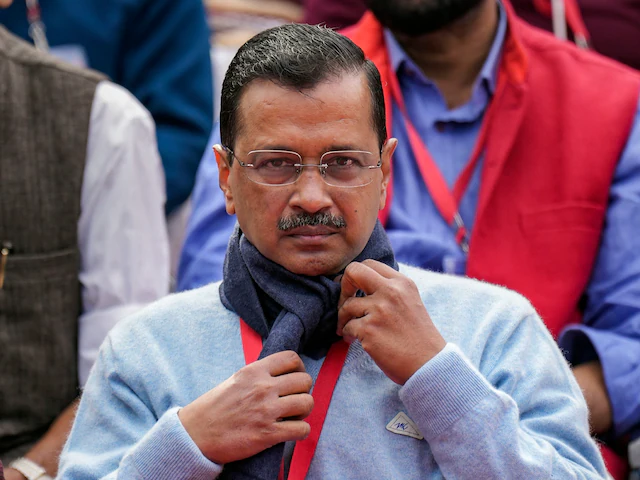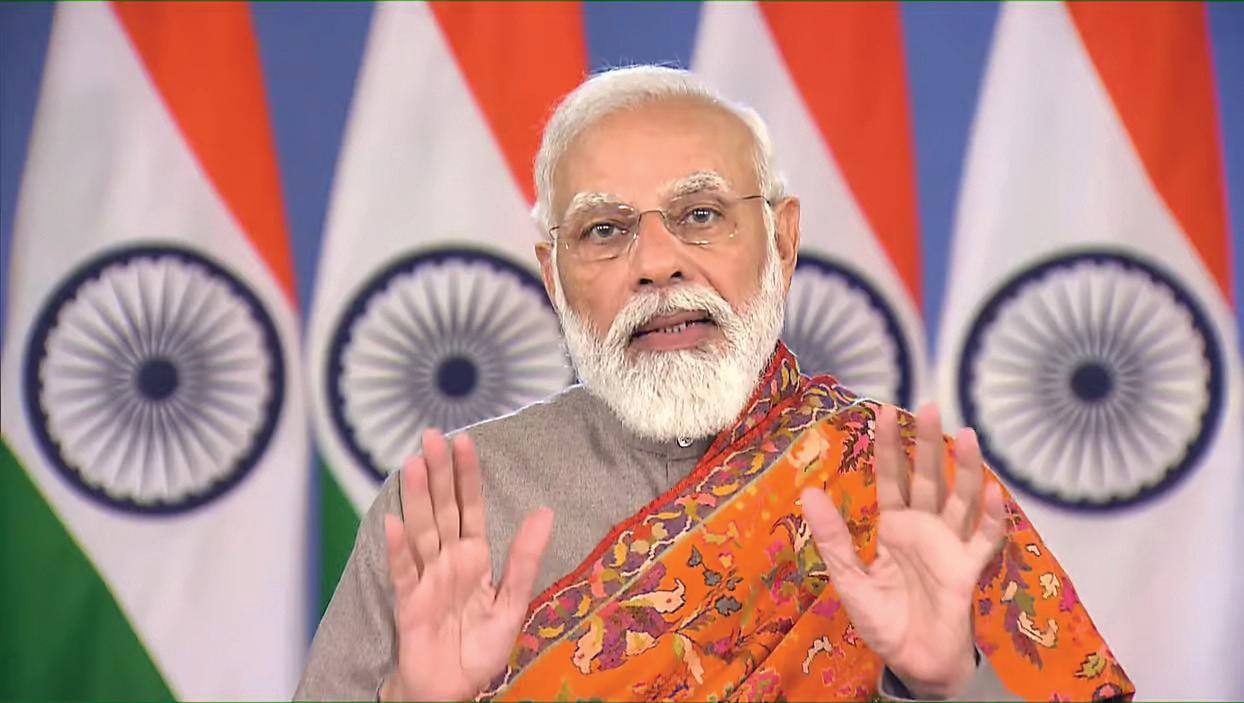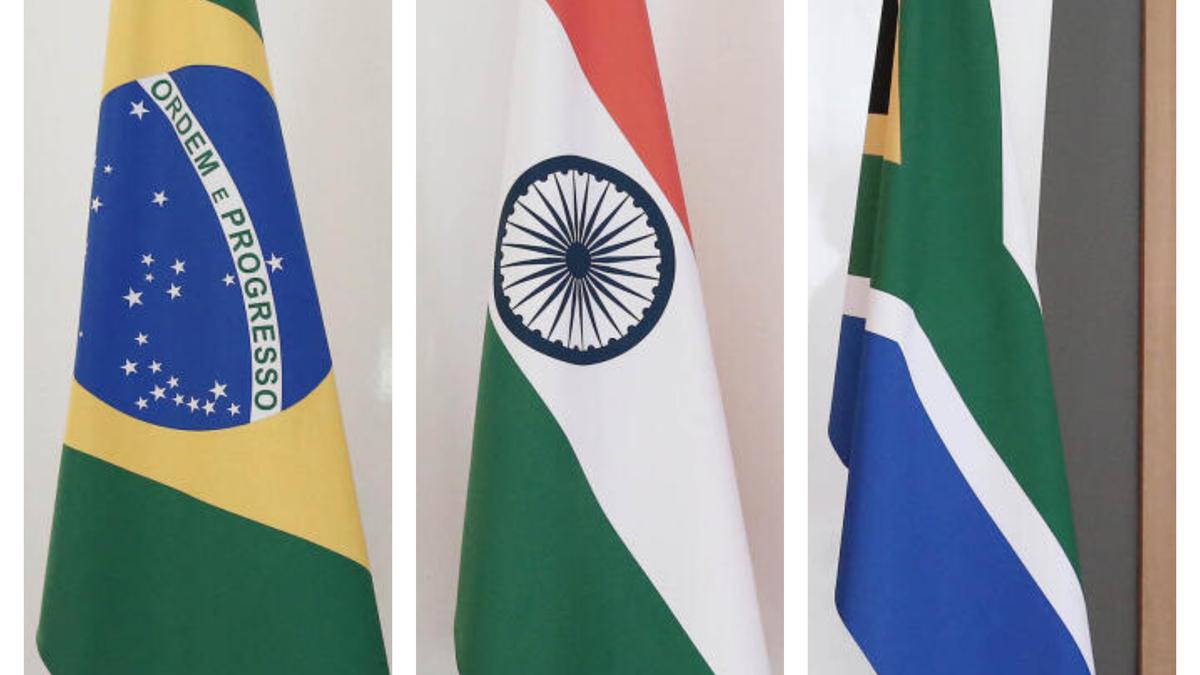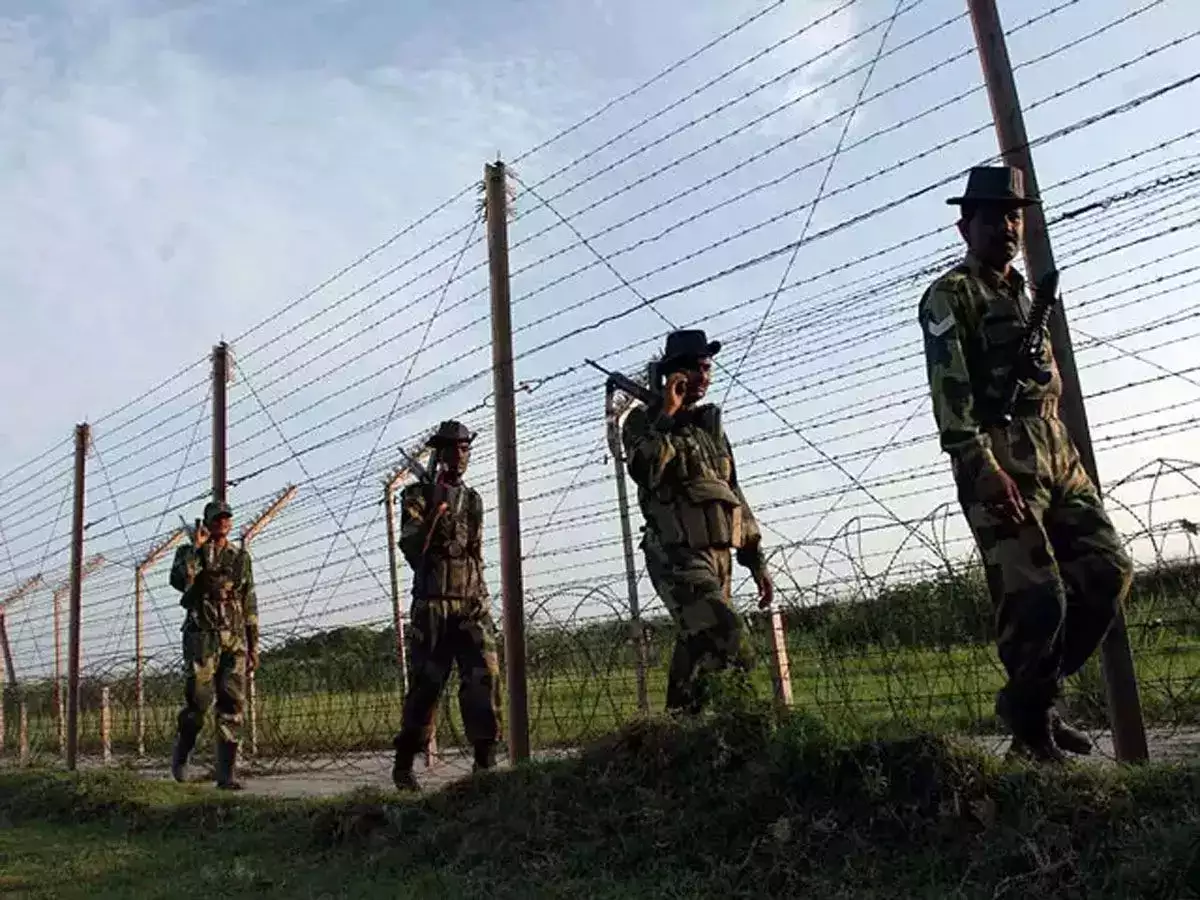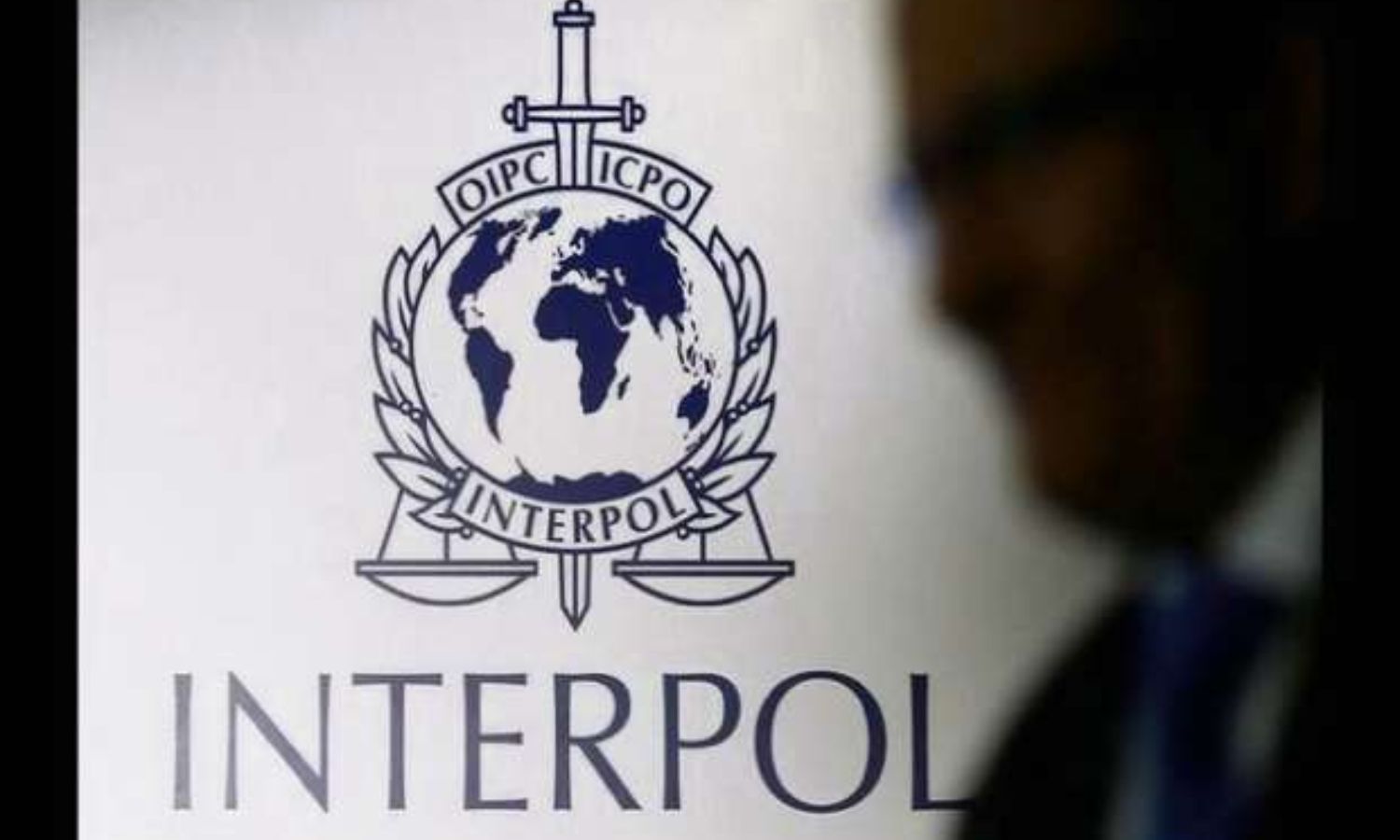It has to be stated right at the very outset that a Single Judge Bench comprising of Hon’ble Mr Justice Suraj Govindaraj of Karnataka High Court in an extremely laudable, landmark, learned and latest judgment titled Ningaraju N v. Official Liquidator Of M/S India Holiday (Pvt) Ltd in Company Application No. 96 of 2022 in Company Petition No. 26 of 2008 pronounced recently on July 7, 2022 has directed the State Government to pay a compensation of Rs 5 lakhs to one Ningaraju N for wrongful arrest based on alleged confusion in his identity. It merits mentioning here that the Karnataka High Court has explicitly held that whenever warrant is issued, whether bailable or non-bailable, the arresting officer is required to ascertain the identity and be satisfied that the person proposed to be arrested is the same person as against whom the warrant has been issued. We thus see that the Karnataka High Court has made it indubitably clear by this learned judgment that when a person suffers because of being wrongly arrested then the State is certainly liable to pay a suitable compensation to him/her to compensate for the loss suffered by him/her as a consequence of such wrongful arrest! Very rightly so! It must be also mentioned here that this Company Application has been filed under Rules 6 and 9 of The Companies (Court) Rules 1959, with prayer being made to drop the proceedings.
At the outset, this brief, brilliant, bold and balanced judgment authored by a Single Judge Bench comprising of Hon’ble Mr Justice Suraj Govindaraj of Karnataka High Court sets the ball rolling by first and foremost putting forth in para 1 that, “This application has been filed for dropping the proceedings against Sri N.G.N. Raju S/o. Ningegowda on the ground that he is not the Ex-Director of the Company in liquidation as mentioned in CA.No.1382/2011. This Court in its earlier order dated 26.05.2022 dealt with the said issue and on verification it has been found that the applicant in C.A.No.96/2022 is not Raju N.G.N., who is the Ex-Director of the Company in liquidation.”
While taking potshots at the arbitrary and whimsical manner in which the arrest took place, the Bench then observes in para 2 that, “It is rather shocking that a person has been arrested without ascertaining whether he was the person who was required to be arrested and that the warrant had been issued against him. Though the arrestee had disputed that he was the person named in the warrant and the applicability of the warrant to him, his identification was not cross-checked and verified resulting an innocent person being arrested.”
Needless to say, the Bench then underscores in para 3 that, “The Right to Life and Liberty Guaranteed under Article 21 of the Constitution of India is of paramount importance. By arresting a person whose arrest was not authorized there is a violation of the fundamental rights guaranteed under Article 21 of the Constitution of India.”
While expressing serious reservation over the shoddy manner in which arrest had been made, the Bench then notes in para 4 that, “The only reason why the applicant had been arrested is that the name of his father was similar to the name of the person named in the warrant. I’am unable to comprehend as to how the name of the father being similar or even identical would have any role to play in the arrest, extrapolating the same logic if the arrest warrant has been issued for one brother, another brother or maybe even the sister could be arrested, merely, because the father name is identical.”
To be sure, the Bench then observes in para 5 that, “What is of primary importance is the identity of the person who is to be arrested and not any other aspect like the name of the father, though the same may have a corroborative role.”
Without mincing any words whatsoever, the Bench then stipulates in para 6 that, “Whenever any warrant is issued bailable or non-bailable, it is but required for the arresting officer to ascertain the identity of the person proposed to be arrested and be satisfied that the person proposed to be arrested is the same person as against whom a warrant has been issued.”
Quite notably, the Bench then lays bare in para 7 mentioning that, “In the present case though the arrestee had categorically stated that he was not the person named in the warrant, the arresting officer has not verified the same instead the arrestee has been arrested and produced before this Court, thereby causing harm and injury not only to the liberty of the arrestee but also to the reputation of the arrestee which are in violation of the fundamental rights guaranteed under Article 21 of the Constitution.”
It is worth noting that the Bench then directed in para 8 that, “If Guidelines or Standard Operating Procedure are already issued to cater to this situation, training in this regard to be provided to all arresting officers.”
While adding more to it, the Bench then further directs in para 9 that, “If not issued the Director General of Police is directed to issue suitable Guidelines and/or Standard Operating Procedure as to what are the steps to be taken by the arresting officer before arresting a person including the verification of identity. The same to be issued within 4 weeks from the date of receipt of the copy of this order. Registrar (Judicial) is directed to forward a copy of this order to the Director General of Police, Government of Karnataka, immediately.”
Most notably, most laudably and also most remarkably, the Bench then minces just no words whatsoever in para 10 to explicitly, elegantly, eloquently and effectively hold that, “In the present case, the arrestee having been put to loss of liberty as also loss of reputation, I’am of the considered opinion that the State would be liable to compensate the arrestee for the same. The compensation is fixed at Rs.5,00,000/- (Rupees 5 Lakhs only), the said payment to be made within a period of eight weeks from today. The State is at liberty to recover the same from the Police Officers who had arrested the applicant.”
As a corollary, the Bench then holds in para 11 that, “In view thereof, C.A.No.96/2022 is required to be allowed and the same is allowed.”
Finally, the Bench then concludes by directing in para 12 that, “Though the above matter is disposed, re-list on 1.9.2022 to report compliance with the above directions.”
No doubt, we thus see that the Single Judge Bench of Karnataka High Court comprising of Hon’ble Mr Justice Suraj Govindaraj has most commendably, cogently and convincingly ordered Rs 5 lakhs compensation to be paid to the person named Ningaraju N who was wrongly arrested due to the alleged confusion in his identity. It is high time and a statutory right to compensation must be enacted and if men in uniform are found to be indulging in maliciously framing any person due to which the person framed got wrongly incarcerated in jail for a number of years then those men in uniform must be not just dismissed from service but also be jailed and no bail should be given in such cases so that no men in uniform ever dares to take the personal liberty of any citizen of India for granted. If our country is able to ensure this for the benefit of citizens only then can we call ourselves free in the real sense!
There can be no gainsaying that the subject of “police” falls within the ambit of the State list under the Seventh Schedule of the Constitution as enunciated in Article 246 of the Constitution. So it is definitely the job of the State government to ensure that the police in their respective State functions properly and if they fail in ensuring this then they are liable to pay compensation to the person aggrieved as we see the Karnataka High Court directing the State Government to pay so to the person named Ningaraju N who was wrongly arrested due to the alleged confusion in his identity. Of course, the State is at liberty to recover the amount from the men in uniform who were guilty of wrongly framing an innocent person and jailing him/her for no fault!
Unquestionably, it is high time and now a law must be enacted whereby it would be mandatory for the State Government to award a huge compensation of at least Rs 25 lakhs to any person who is wrongly incarcerated so that this growing tendency of wrongly framing an innocent person is checked to a large extent as early as possible. It cannot be glossed over that the United Nations had drafted and so also introduced the International Covenant on Civil and Political Rights (ICCPR) in 1954 and after thoroughly going through each and every aspect on compensation, the ICCPR ultimately came into force on March 23, 1976. It must also be noted that India itself had ratified it and became a signatory to it on July 10, 1979. It also must be borne in mind that Article 9(5) and Article 14(6) of the ICCPR deal with a judicial remedy to victims of unlawful or wrongful arrest in the form of compensation.
It also cannot be glossed over that in August 2018, the Union Government had been submitted Report No. 277 on ‘Wrongful Prosecution (Miscarriage of Justice) : Legal Remedies’ by the Law Commission of India. The report, among other things had suggested the formation of special courts to deal with claims of compensation within a specified timeframe. But we ought to remember in this context that asking a victim to approach a special court for compensation would be akin to engrossing them into another protracted round of legal battle which will only make them suffer further and waste money in hiring lawyers, attending court proceedings etc. This definitely has to be avoided so that the victim does not have to suffer interminably.
In a nutshell, we can thus very rightly infer from what we have discussed hereinabove that what must be done forthwith is to make mandatory awarding of prompt compensation to all those persons who have been wrongly incarcerated and those men/women in uniform who are found guilty of malicious conduct in framing innocents without any fault of theirs must be most strictly punished and not just suspended for a very short span of time for public consumption only and then again reinstated once the public anger subsides. This open sham as we see so many times must end once and for all so that those in uniform never dare to breach the personal liberty of any citizen of India! It also merits no reiteration that there must definitely be most exemplary punishment in such cases so that no men/women in uniform ever dares to take the fundamental right of any citizen of right to life and personal liberty as encapsulated in Article 21 of the Constitution for granted any longer! No denying it!


 Opinion3 years ago
Opinion3 years ago
 Entertainment8 years ago
Entertainment8 years ago
 Entertainment8 years ago
Entertainment8 years ago
 Fashion8 years ago
Fashion8 years ago
 Opinion4 years ago
Opinion4 years ago
 Entertainment8 years ago
Entertainment8 years ago
 Politics8 years ago
Politics8 years ago
 Entertainment8 years ago
Entertainment8 years ago
